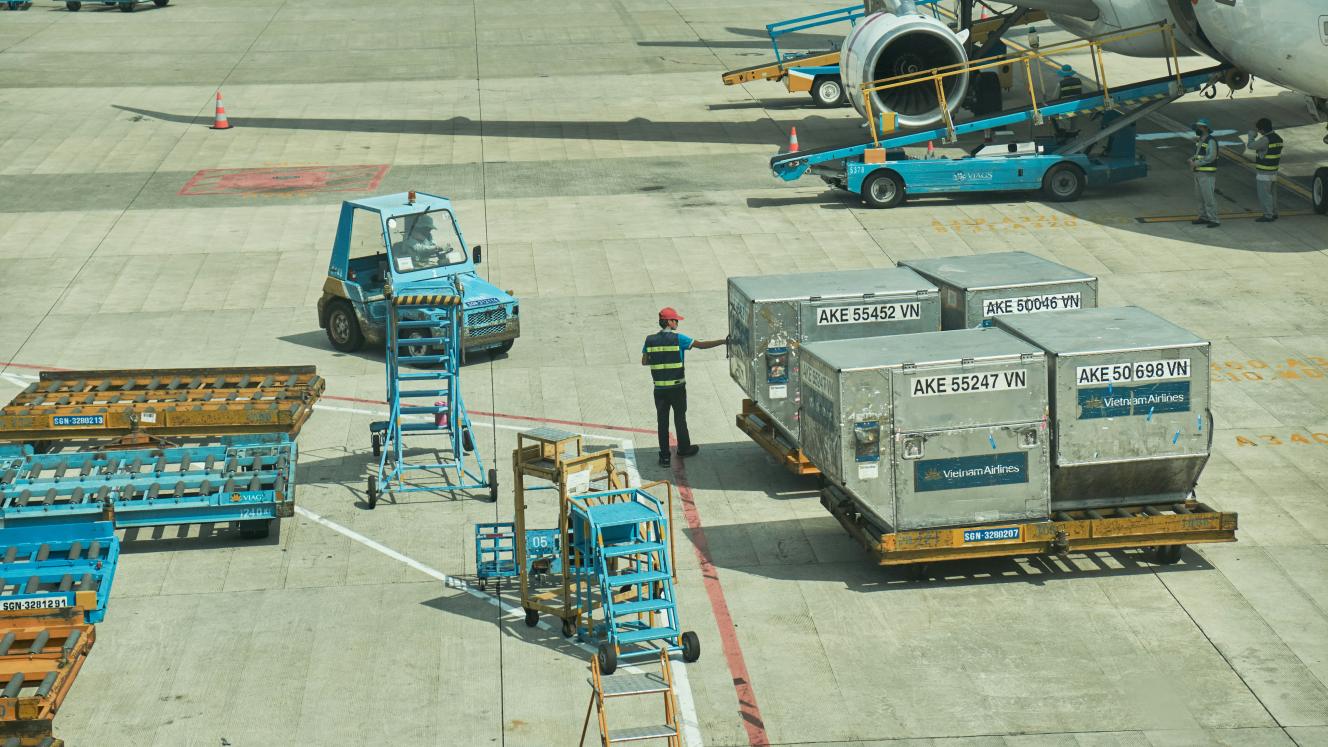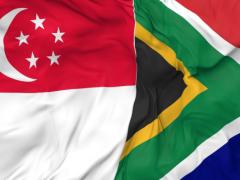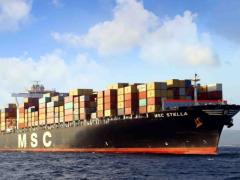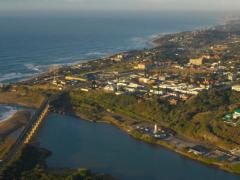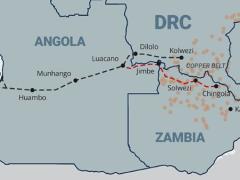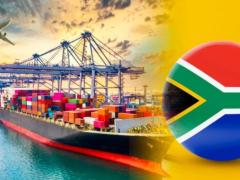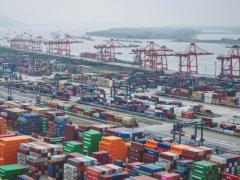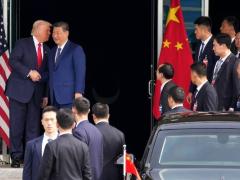Looking at the annual features on the Eastern Cape in FTW over the past 10 or more years one sees a province which has gone from one of almost unlimited promise to one that is in danger of being side-lined. In theory it has huge advantages – three ports, road and rail links to the hinterland, agricultural, tourism and manufacturing potential and more. The province’s geographic position on the main south-south trade routes is what gave it a competitive edge in the 1800s. Sanctions stifled international trade and the focus shifted to Gauteng, joined by an umbilical cord to Durban. Despite being the home of the struggle and the post-apartheid ANC leaders, the Eastern Cape has largely been marginalised by both politicians and business at a national level. The blame sits squarely on the shoulders of the political and business leadership in the province who, with some notable exceptions, are more interested in their own narrow interests than those of the region. So, for example, you find a logistics task team working on the automotive industry in isolation from the rest of the economy. Local business and political leaders who do not notice when two major shipping lines all but close down their operations in Port Elizabeth, despite the presence of two ports. And ports which are disconnected from rail. This is the direct result of political and business leaders failing to promote the logistical and other strengths of the province at a national and international level. Instead, the message is usually “we are poor, so you should invest in/support us”. But, as they saying goes, “when the going gets tough, the tough get going”. Those who see beyond the weaknesses and take advantage of the opportunities created by the lack of focus on logistical efficiencies are doing well. Trucks are moving millions of tons of freight a year, including manganese from the Northern Cape because the rail system cannot handle the tonnages. Others specialise in the former Ciskei and Transkei regions where armed escorts are needed to protect loads as trucks slow down to walking pace on steep passes. So, while the political and business leaders have meetings about meetings, the logistics industry quietly gets on with keeping the economy moving. INSERT Political and business leaders have failed to promote the logistical and other strengths of the province at a national and international level.
